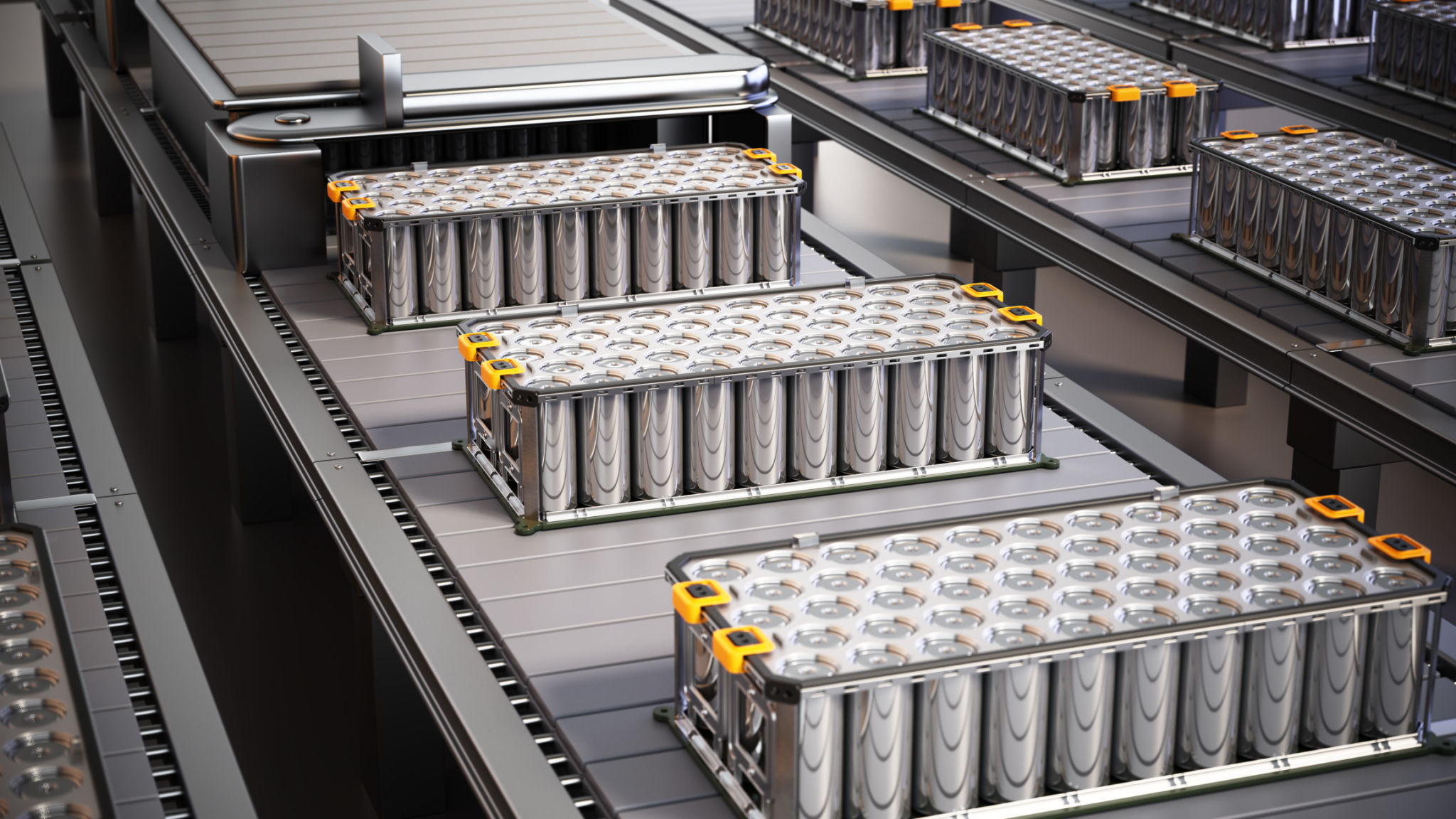Hybrid Vehicle Powertrain Development: Key Challenges and Solutions
Understanding Hybrid Vehicle Powertrain Development
The development of hybrid vehicle powertrains presents a unique set of challenges and opportunities in the automotive industry. As car manufacturers strive to meet evolving environmental regulations and consumer demands for improved fuel efficiency, the complexity of integrating electric and combustion systems becomes increasingly evident. This article explores the key challenges in hybrid powertrain development and the innovative solutions that are shaping the future of transportation.

The Complexity of Systems Integration
One of the primary challenges in hybrid powertrain development is the seamless integration of electric and internal combustion engine (ICE) systems. These systems must work in harmony to optimize performance, efficiency, and emissions. Engineers face the task of developing sophisticated control algorithms that manage the transition between electric and ICE modes, ensuring that power delivery is smooth and responsive.
Additionally, packaging these components into a vehicle's existing architecture without compromising space or safety requires innovative design solutions. Manufacturers are investing heavily in research to develop compact, lightweight components that maintain performance standards while fitting into smaller spaces.
Battery Technology and Management
The battery is a critical component of any hybrid system, and advancements in battery technology are essential for the continued evolution of hybrid vehicles. Current challenges include improving energy density, reducing charging times, and extending battery life. Researchers are exploring new materials and chemistries, such as solid-state batteries, which promise significant improvements over traditional lithium-ion technology.

Effective thermal management is also crucial, as batteries generate heat during operation. Advanced cooling systems are being developed to maintain optimal temperatures and prevent degradation over time. This ensures that batteries remain efficient and reliable throughout the vehicle's lifespan.
Cost Reduction and Mass Production
Another significant challenge is reducing the cost of hybrid powertrains to make them more accessible to a broader market. Economies of scale play a crucial role here, as increased production volumes can lead to lower per-unit costs. However, achieving these economies requires significant upfront investment in manufacturing infrastructure.
Automakers are exploring partnerships with technology companies and suppliers to share the financial burden and accelerate the development of cost-effective solutions. By streamlining supply chains and utilizing advanced manufacturing techniques, they aim to bring hybrid vehicles to market at competitive prices.

Regulatory Compliance and Environmental Impact
Hybrid vehicle powertrains must meet stringent regulatory standards set by governments worldwide. These regulations often focus on reducing emissions and improving fuel efficiency, pushing manufacturers to innovate continually. Compliance with these standards requires robust testing and validation processes to ensure that vehicles perform as expected under various conditions.
Moreover, the environmental impact of producing hybrid vehicles is under scrutiny. Manufacturers are assessing the lifecycle emissions of their products, from raw material extraction to end-of-life recycling. By adopting sustainable practices throughout the supply chain, they aim to minimize the overall environmental footprint of hybrid vehicles.
The Road Ahead: Future Prospects
The future of hybrid vehicle powertrain development looks promising, with ongoing advancements in technology paving the way for more efficient and environmentally friendly transportation solutions. As battery technology continues to evolve and costs decrease, hybrid vehicles are expected to become more mainstream.
With a focus on innovation, collaboration, and sustainability, the automotive industry is poised to overcome the challenges associated with hybrid powertrain development. These efforts will not only benefit consumers by providing cleaner, more efficient vehicles but also contribute to a more sustainable future for all.
